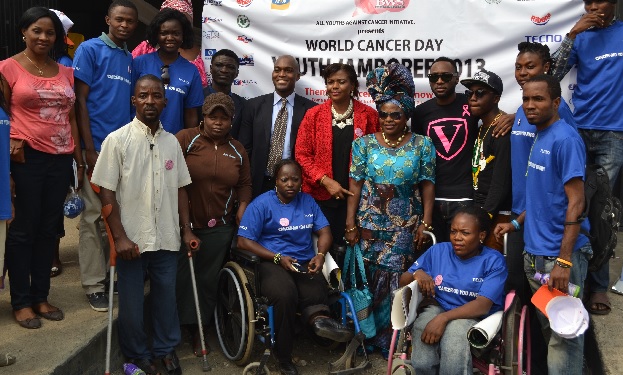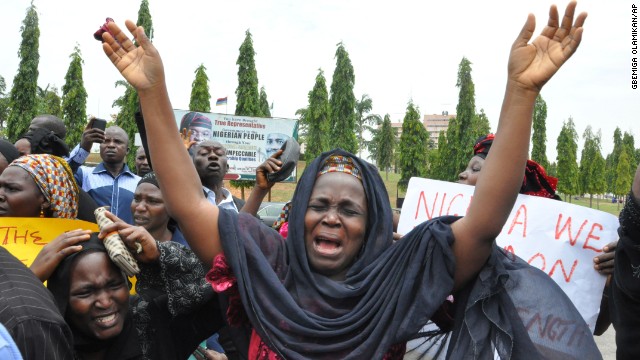Deaths from leukaemia (cancer of the blood) are on the increase in Nigeria and this is because people are still unaware of the disease’s early symptoms.
According to Dr. Ayo Fayehun, consultant, Family Health Department, University College Hospital (UCH), Ibadan, 22 per cent of the country’s adolescent population is ignorant of the early symptoms of leukemia.
Speaking in Ibadan on Thursday during an enlightenment programme on health for youths, organised by the Oluwapamilerin Oni Health Foundation, he said early detention would have prevented most of the deathsrecorded from the disease.
He urged stakeholders in the health sector to rise to the challenge of revving up awareness about the symptoms of the disease.
Advertisement
“Chronic lymphocytic leukemia is a slow-growing cancerous cell that affects the development of B-lymphocytes, also known as B-cells, and specialised white blood cells,” he said.
“Although the cause of the disease is still unknown, it is thought to result from damage to one or more of the genes that normally control blood cell development.”
He listed some symptoms of leukemia to include swollen lymph glands in the neck, under the arms or in the groin due to collection of lymphocytes in these areas.
Advertisement
“The disease can be diagnosed through full blood count (FBC) or through examination of the bone marrow,” he added.
“Leukaemia can be treated through chemotherapy or through administration of drugs orally or intravenously.”
In her remark at the occasion, Mrs Omolara Oni, executive director of the Oluwapamilerin Oni Health Foundation, urged mothers to be observant of changes in their children’s bodies and habits.
She said she lost her son to leukaemia due to late detection of the disease, as she was ignorant of the symptoms of the disease exhibited by her late son.
Advertisement
She listed some of the symptoms to include anaemia, malaria and swelling in the groin.
Oni said the health awareness programme was organised by the foundation in order to sensitise youths on the symptoms of the disease.
More than 200 people comprising students, parents, the clergy, health workers, market women and men attended the programme.
Advertisement
Add a comment






